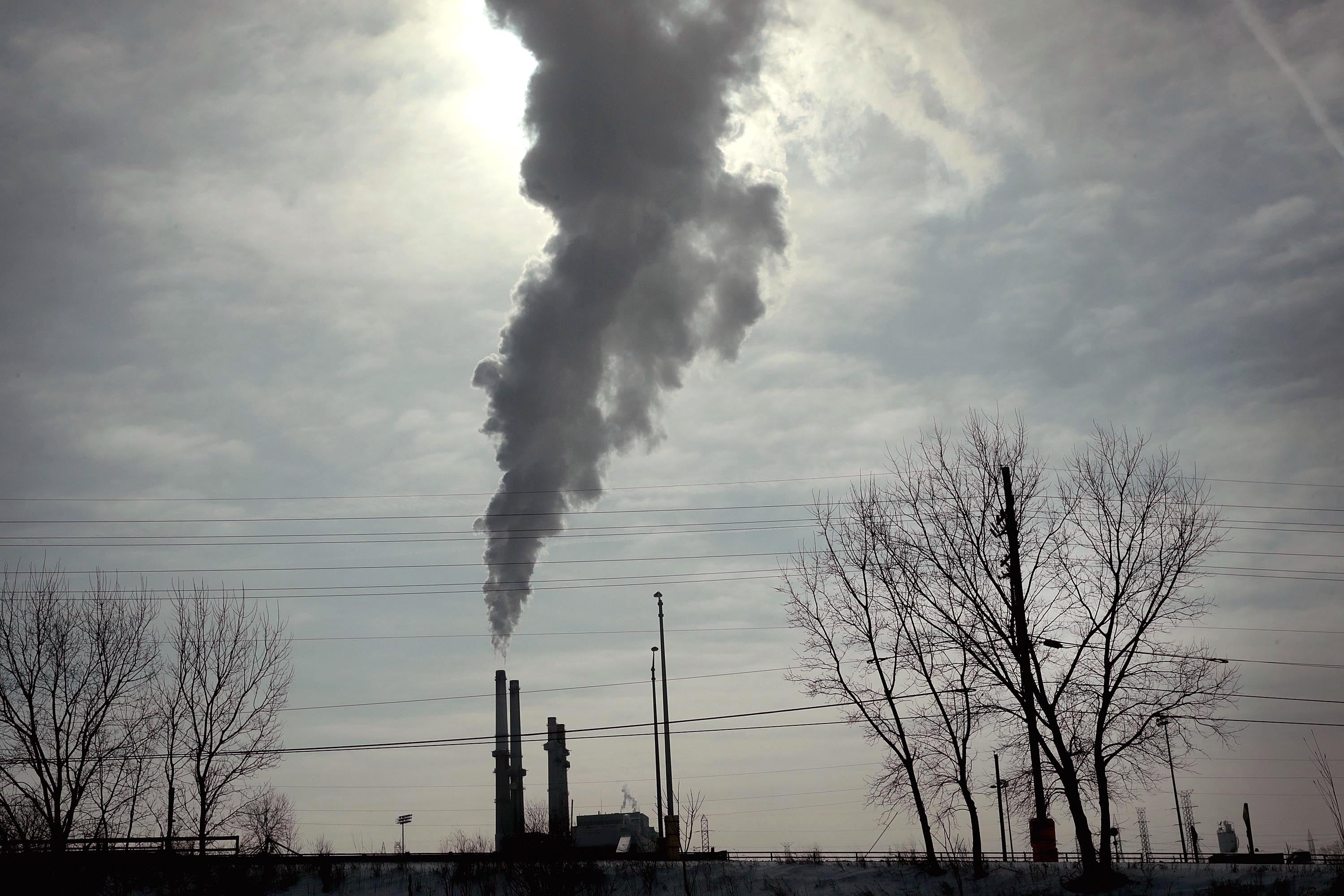The Biden administration will release four pollution rules Thursday that could largely remove coal from the U.S. power grid by the early 2030s.
EPA Administrator Michael Regan said the coordinated release of standards for carbon dioxide, mercury, wastewater and legacy pollution would give utilities and regulators clarity about the pollution controls power plants will need in the long run.
It’s a strategy, Regan noted, that he previewed two years ago at an industry conference in Houston.
“On that day, I committed to maintaining transparency and an open dialogue so that state and federal energy regulators, power companies and grid operators would have the information they needed to make long-term investments in the transition to a cleaner energy economy,” he told reporters in a Wednesday night briefing. “And today, I’m proud to announce that we’re following through on that commitment.”
The four rules — which use Clean Air Act and Clean Water Act authorities — are legally separate. But they all involve compliance deadlines that kick in in the 2020s and 2030s — years when the power sector will face decisions about when to retire aging coal units and how to compensate for that lost generation.
They are the last major pieces of EPA’s power sector strategy for President Joe Biden’s first term — a regulatory push centered on coal-fired power. Three of the rules are focused on coal plants — cracking down on toxic coal waste near aging and former power plants, curbing the release of toxic heavy metals from coal plants into waterways and setting mercury emission limits for plants that burn a particularly high-polluting form of coal known as lignite.
EPA’s carbon standard is a pillar of Biden’s climate plan, setting limits on planet-warming pollution from future gas plants and existing coal-fired units. EPA has delayed standards for existing gas plants for a future rulemaking — and signaled that its focus in Biden’s potential second term will be on natural gas generation.
The final rule, which Regan will debut at Howard University, a historically Black university in Washington, D.C., makes several changes from last year’s draft. But Regan said it would be “equally as stringent, if not more.”
Under the final rule, coal plants that plan to operate long-term will get two additional years to install carbon capture and storage systems rela
